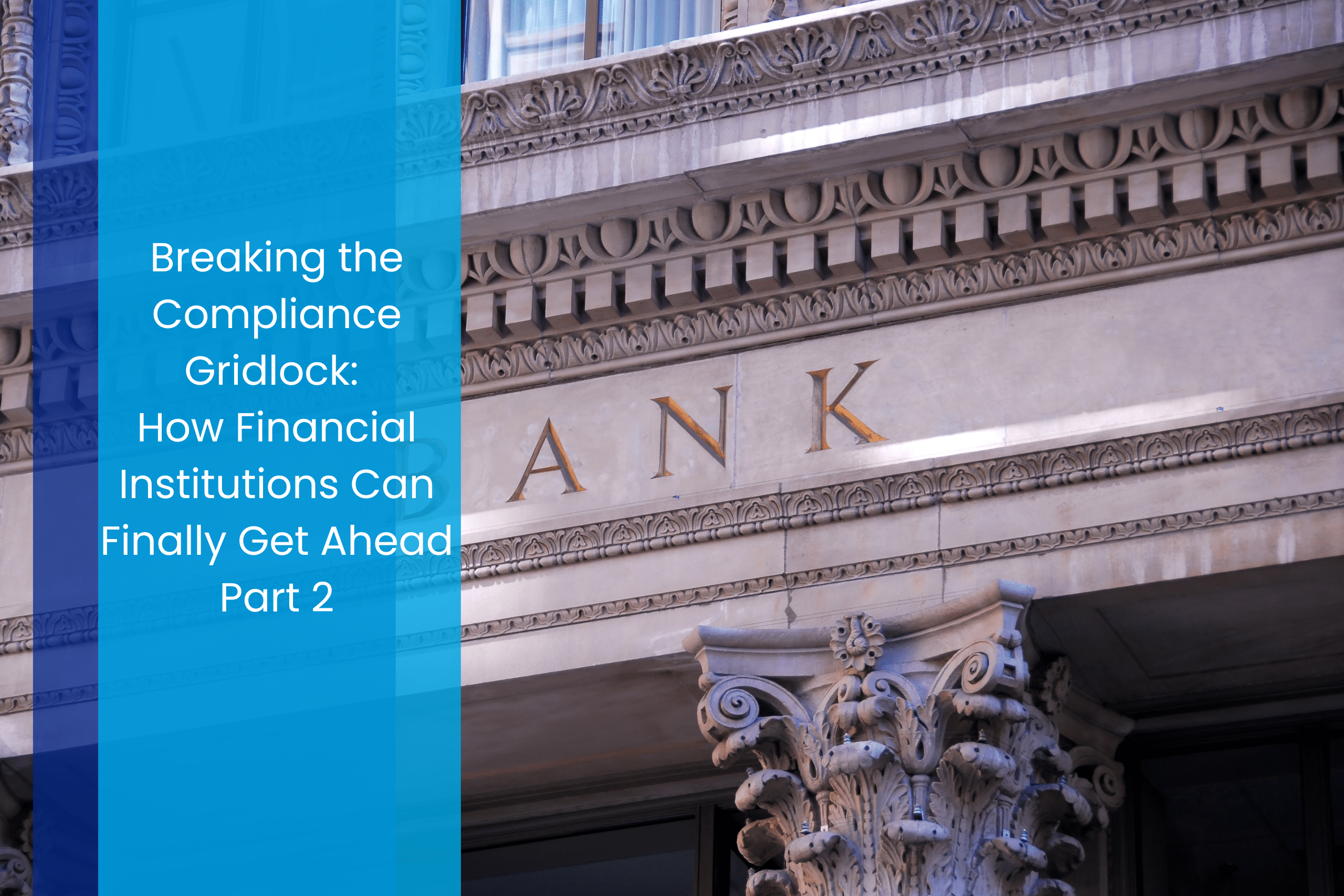In Part 1 of this series, we explored how modern financial technology helps you master multiple accounting frameworks, build bulletproof internal controls, and prevent fraud through smart segregation of duties. These foundational elements create a solid compliance infrastructure, but true financial regulatory excellence requires more.
Financial institutions today face equally pressing challenges around revenue recognition, subscription management, and payment security—all areas where manual processes simply can’t keep pace with regulatory demands. In this second installment, we’ll examine how the right technology solution addresses these advanced compliance needs, helping you not just meet requirements but transform compliance from an operational burden into a strategic advantage.
Revenue Recognition Revolution: Automating the Complex
ASC 606 and IFRS 15 have transformed revenue recognition, and keeping up manually just isn’t feasible anymore. Banks and credit unions face increasingly complex requirements for recognizing revenue from diverse products and services.
Advanced financial management systems like NetSuite simplify this process with built-in tools that automate revenue scheduling and allocation according to current standards. Key capabilities include:
- Custom Recognition Rules – Create specific rules for each product or service, then link them easily to individual contract line items
- Complex Contract Management – Automate performance obligations, milestones, and other revenue triggers, even for multi-element arrangements
- Consistent Revenue Allocation – Apply sophisticated rules to ensure consistent treatment across all contracts
With the right platform, you can close your books faster, forecast more accurately, and have confidence that your revenue reporting meets all financial regulatory compliance requirements.
As your institution develops more sophisticated revenue streams, you’ll also need advanced solutions to manage the growing complexity of your billing models. The same technology that handles your accounting can extend to providing comprehensive subscription billing management.

Subscription Success: Managing the New Revenue Reality
As your bank or credit union expands into subscription and fee-based services, billing complexity grows exponentially. Managing tiered pricing models, performance fees, and various billing schedules creates significant challenges.
Modern billing platforms manage this complexity with support for multiple pricing models—from simple flat rates to sophisticated tiered and volume-based scenarios. You can implement and manage complex tiered pricing structures with automated calculations, while comprehensive tools track performance and management fees to ensure accurate billing.
These systems combine one-time, recurring, and usage-based charges, giving you the flexibility to create fee structures that align with your business strategy while maintaining full compliance.
Of course, any financial management solution would be incomplete without addressing the critical issue of payment security and compliance. Today’s leading platforms provide the comprehensive protection your institution requires.
Digital Fort Knox: Securing Payment Compliance
Security is non-negotiable in financial services. Banks and credit unions must maintain strict PCI DSS compliance, implement AML and KYC protocols, and ensure secure transaction processing—all while keeping systems user-friendly.
The best financial management platforms support your regulatory compliance requirements with robust security features:
- PCI DSS Protection – Role-based access controls, multi-factor authentication, and comprehensive data encryption ensure payment processing compliance
- AML and KYC Integration – Seamless configuration options to work with specialized compliance tools for enhanced verification and monitoring
- End-to-End Transaction Security – Secure checkout processes and detailed audit trails protect financial information throughout its lifecycle
With these security features in place, you can process transactions confidently while maintaining compliance with relevant regulations. But effective compliance isn’t just about implementing controls—it’s about maintaining visibility into your compliance posture at all times. This is where comprehensive monitoring capabilities deliver exceptional value.
From Regulatory Burden to Business Advantage
Cloud-based financial systems such as NetSuite deliver powerful monitoring and reporting tools through real-time dashboards that give you an instant overview of your compliance status and alert you to potential issues. You can track activities as they happen, enabling you to address compliance concerns before they become problems. When audit time comes, you can provide auditors with everything they need through intuitive reporting tools, transforming what was once a stressful audit season into a routine process.
Financial regulatory compliance requirements will continue to evolve, but with the right technology platform, you don’t have to play catch-up anymore. You can finally get ahead of compliance challenges with a comprehensive solution that addresses everything from accounting standards to transaction security.
By implementing a leading cloud financial management solution like NetSuite, you’ll reduce compliance risks, streamline processes, strengthen controls, and enhance reporting capabilities with real-time visibility. An integrated platform offers the tools banks and credit unions need to tackle the complex compliance challenges we’ve discussed throughout this series.
Your Path to Compliance Excellence
Throughout this two-part series, we’ve explored how modern financial technology can transform your approach to regulatory compliance. From the foundational elements of multi-book accounting and internal controls to the complex challenges of revenue recognition and payment security, the right solution provides the integrated capabilities your institution needs to thrive in today’s regulatory environment.
Caravel, a multiple NetSuite Partner of the Year award recipient, offers implementation services tailored specifically for financial institutions. Our team understands the unique compliance needs of banks and credit unions and provides services from initial strategy through deployment and ongoing optimization.
Ready to transform your approach to financial regulatory compliance? The right technology platform with proper implementation can help you break free from compliance gridlock and turn what was once a burden into a strategic advantage for your institution.











